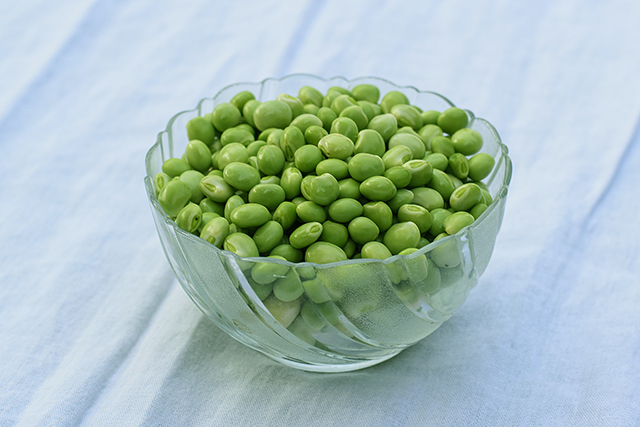Phytocompounds in pigeon pea offer therapeutic potential against multiple diseases
06/05/2019 / By Evangelyn Rodriguez

In this study, researchers from Kerala Agricultural University in India investigated the potential of pigeon pea (Cajanus cajan), a plant used in traditional Chinese medicine, against chronic inflammatory diseases, malaria, measles, and sickle cell disease. Their investigation of the molecular mechanisms behind its reported therapeutic activities was published in the journal Food Science and Human Wellness.
- The researchers hypothesized that various parts of pigeon pea contain phytochemicals that can interact with the active sites of proteins found in different human diseases.
- These diseases included rheumatoid arthritis, breast cancer, Type 2 diabetes, malaria, measles, and sickle cell disease.
- The researchers used extracts obtained from pigeon pea leaves, stems, and seeds for their study.
- Of the 242 ligands they identified using GC-MS, they drew the three-dimensional structures of 47 compounds using ChemSketch; they retrieved the structures of the other compounds from PubChem.
- The researchers confirmed that the mechanism of action of pigeon pea involves protein-ligand docking – that is, the ligands of different phytochemicals present in pigeon pea can dock at the active sites of protein markers of human diseases.
- They identified 13 compounds that interacted with the target protein for rheumatoid arthritis, iNOSox; 10 compounds that interacted with the Plk1 protein (breast cancer); 18 compounds that interacted with DPP-IV (Type 2 diabetes); three compounds that interacted with plasmepsin II (malaria); one compound that interacted with ICAM-1 (measles); and two compounds that interacted with oxyHb (sickle cell disease).
- They further examined these compounds using ADMET analysis and identified a total of 26 promising drug candidates for multiple human diseases.
The researchers concluded that pigeon pea, particularly its seeds, is an invaluable source of therapeutic compounds that can be used in the treatment of multiple human diseases.
Read the full study at this link.
Journal Reference:
Deepu M, Lidiya PJ, Manila T, Divyasree P, Sandhya VR. THERAPEUTIC MOLECULES FOR MULTIPLE HUMAN DISEASES IDENTIFIED FROM PIGEON PEA ( CAJANUS CAJAN L. MILLSP.) THROUGH GC–MS AND MOLECULAR DOCKING. Food Science and Human Wellness. December 2017;6(4):202–216. DOI: 10.1016/j.fshw.2017.09.003
Submit a correction >>
Tagged Under:
alternative medicine, anti-diabetes, anticancer, breast cancer, Cajanus cajan, cancer cures, chronic inflammatory diseases, disease treatments, food cures, food is medicine, functional food, ligands, longevity, malaria, measles, natural cures, natural medicine, phytochemicals, pigeon pea, prevention, remedies, research, rheumatoid arthritis, sickle cell disease, therapeutic compounds, Type 2 Diabetes
This article may contain statements that reflect the opinion of the author




















